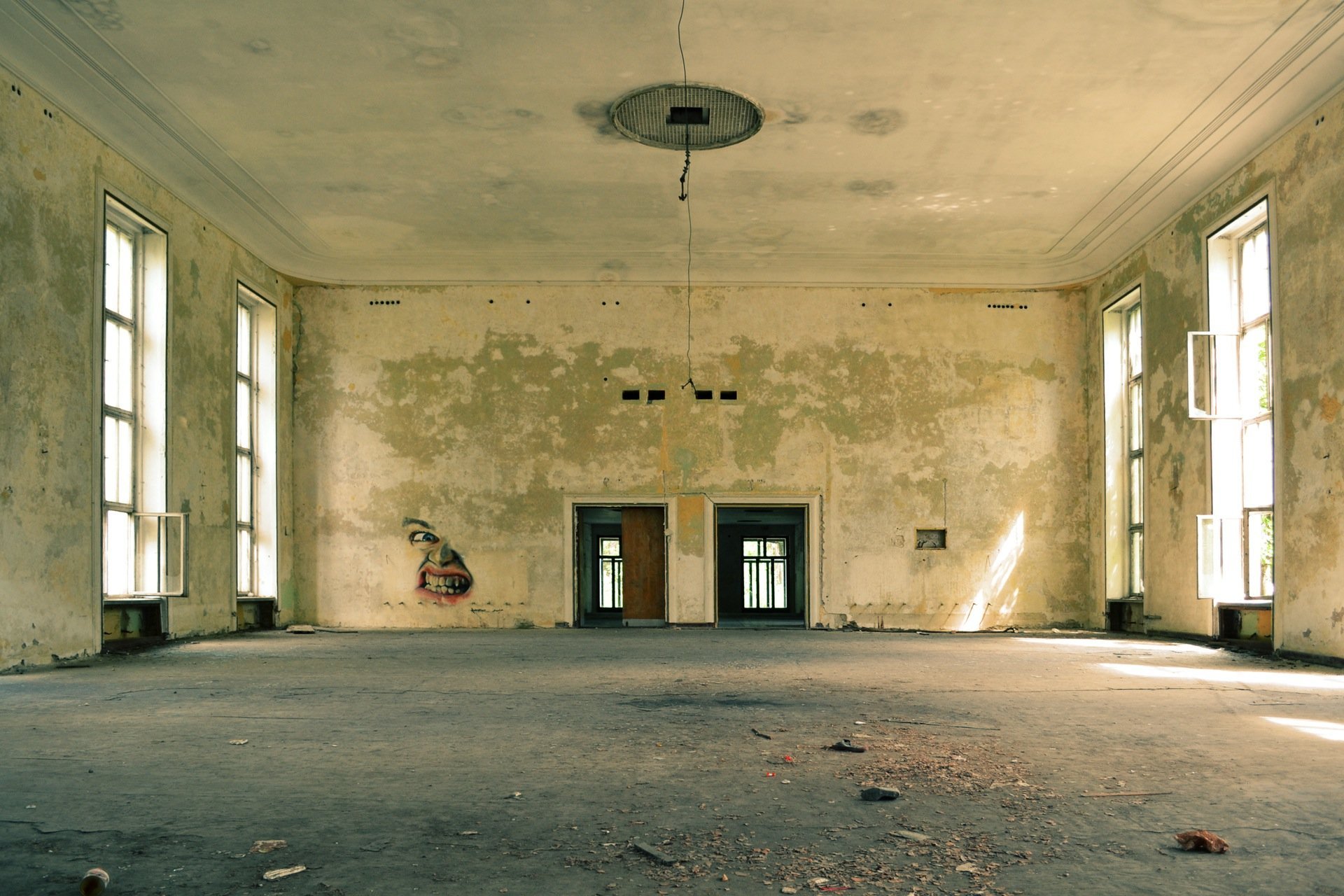Recently, I’ve been working through a list I made of things to do to better my mental health. I quit a job that was negatively affecting me, wrote letters to reflect on my feelings, and worked on doing one “feel better” activity a week.
I’ve been trying to encompass what self-care really means and I’ve been on a roll with this list. It is the most motivated I have ever been to heal from mental illness and it’s been a fulfilling experience.
Once I got to the “start therapy” point on my list I hit a roadblock. Copious amounts of research on local therapists and their rates, online therapy services, and potential free resources led me to a disappointing realization: therapy is for the rich. It wasn’t long before I crossed off “start therapy” and replaced it with “save money for therapy”.
I consider myself incredibly privileged. I am still a student and I’m lucky enough to have a supportive family who looks out for me. My medication is covered through their insurance plan which has helped me get better already! But therapy is simply too costly and not even considered an essential service by many.
Therapy is never cheap
And I suppose there’s a reason for this. However, at the typically recommended one session a week, a month’s worth of therapy costs more than my rent.
One therapy session (typically an hour-long) rarely costs under $100. In fact, the majority cost up to $200. If you use an online therapy program it is definitely less expensive. Most programs are just shy of $300 for an entire months’ worth of therapy. However, online therapy is not ideal for most people.
There is a benefit to meeting with someone in person
And of course, this is what online therapy services lack. Depending on the plan you choose you can talk with your assigned counselor through instant messaging, phone, or video chat. Not only is the absence of the therapist noticeable, but with these methods, you do not have the designated space a therapist’s office would give you.
Related Posts:
Space matters a lot when it comes to healing. And if you’re forced to sit in bed and talk to your therapist on the phone your bedroom no longer represents a place of rest and relief.
When I looked into online therapy I was eligible for a 30% student discount, meaning it would cost me $240 for a month of online therapy. But even that was too expensive for someone like me who doesn’t earn enough income to have spare money that isn’t for bills or groceries. Plus, I couldn’t risk not liking this form of therapy and wasting money on it.
It’s hard to find the right therapist for you
Just like meeting a new co-worker or classmate, you never know who you’re going to get along with! It is likely that you won’t find the therapist that’s right for you the first time you book a session. But poor people can’t afford to go shopping around for therapists in the way that rich people can.
Coverage for mental health services is practically non-existent
Psychology is heavily privatized. Most private insurance plans offer coverage for therapy. But, even if you do have a private insurance plan, they usually only cover for the cost of one or two sessions.
Most provincial healthcare plans do not cover mental health services. In fact, in 2018, Doug Ford cut mental health funding for Ontario down $330 million. As of last winter, the Nova Scotia Health Authority reported mental health and addiction patients waited anywhere from 50- 220 days before being able to see a clinician.
The healthcare system caters to the needs of the rich
Despite preaching accessibility, this remains true. Poor people are more likely to be mentally ill and are less likely to have any health insurance coverage at all.
Accessibility is a huge roadblock
The hours of a therapist’s office do not cater to the typical workday of a poor person. Therapists are open during the day and not on weekends and most people are unable to get away from work to attend (because of financial needs or work limitations).
Sure, there are some alternatives to therapy. But, whether people can actually access these resources is another story. The rare instances of free counseling are typically available through work or study. For those people who don’t work at places that can offer free counseling or are not students, even the free option is inaccessible.
Free resources are often not adequate for mentally ill people
They are definitely a wonderful option that I’m thankful exists in some places, but the way they function isn’t ideal. My school’s counseling services have ever-growing waitlists. A couple of years ago, I was feeling very low and suddenly had the urge to enroll for counseling. It was over a month after my intake appointment before they scheduled my first counseling session. For emergency situations, this option simply would not work.
Typically, free counseling is short term. I was only able to attend my school’s counseling services for 6 weeks. Recovery is not linear and it usually lasts longer than 6 weeks. Plus, free services usually only offer general talk counseling no matter what type of psychotherapy suits your needs such as body-focused, trauma-focused, hypnotic, cognitive-behavioral, etc.
It’s not just poverty that affects poor people
Marginalized identities are more likely to be poor.
In Canada…
So on top of class issues, poor people are often experiencing other forms of societal discrimination such as racism, ableism, homophobia, and transphobia. And of course, these intersecting identities influence mental health care experiences.
Oftentimes, your position in society and relationship to oppression affects your mental health. For me personally, my identity as a lesbian impacts the way I experience the world and my mental health. In an ideal world, I’d have a LGBTQ+ therapist that didn’t question my sexuality, but it is not as easy as it should be.
I distinctly remember one therapy session I attended where my heterosexual therapist told me I needed to “get over” my fears inflicted by homophobia. Unsurprisingly, and for multiple reasons, I never returned to that therapist. It is discouraging to even attempt healing when you feel you can’t trust those that are supposed to help you.
Don’t give up hope!
Now, I don’t mean to be completely negative. Despite the difficult system that is mental health services, I believe anyone can and deserves to get better. Therapy is not the only way you can manage your mental health. If you’re on a tight budget, work on committing to trying low-cost methods for caring for your mental health. It is incredibly frustrating to have society working against you in so many ways but it is not impossible to come out of it with a positive attitude.
If you are experiencing an immediate mental health crisis I encourage you to call a mental health services hotline.
Source link: https://www.moneyaftergraduation.com/therapy-is-for-the-rich/ by Emily Norton at www.moneyaftergraduation.com





